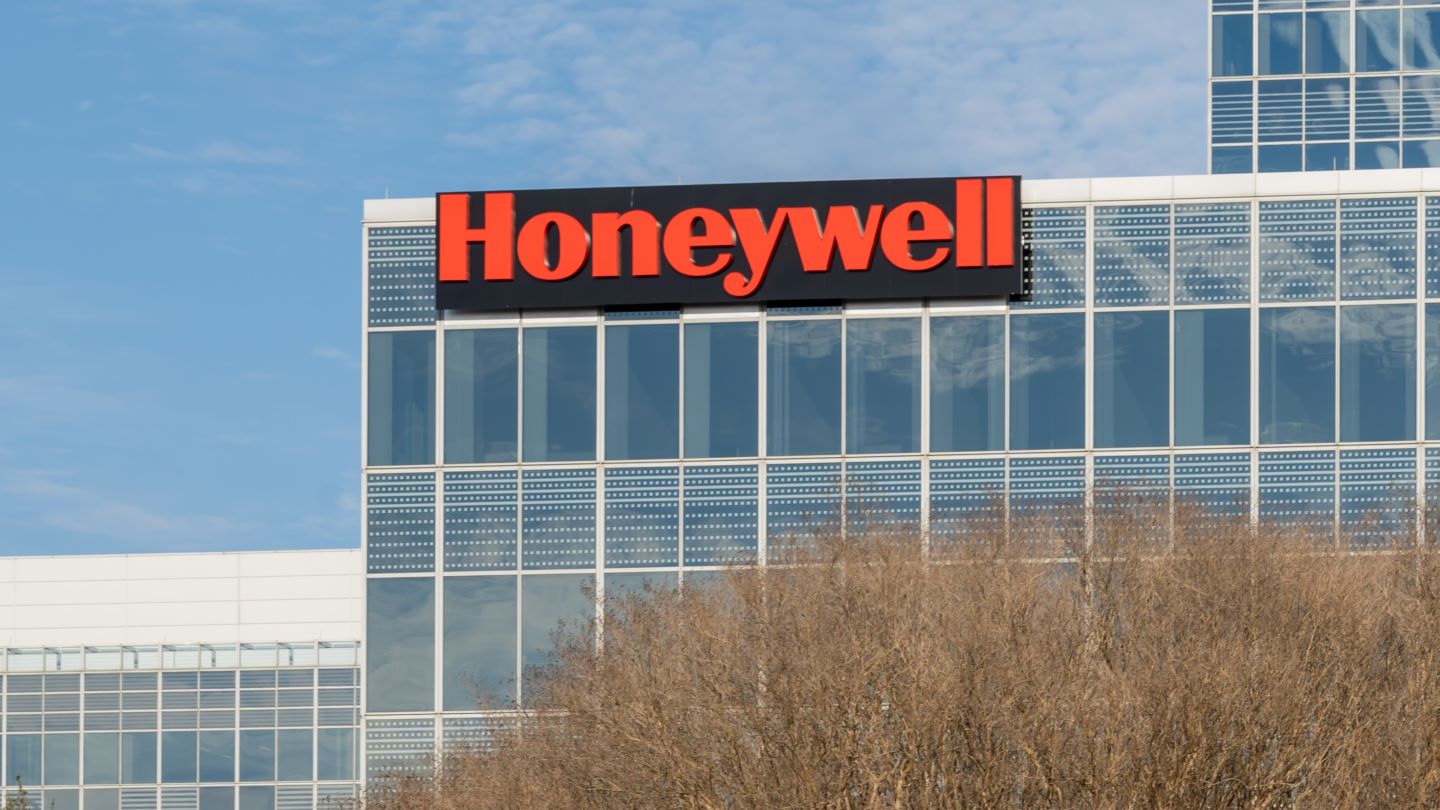
Activist investor Elliott Investment Management has called for Honeywell to split into two separate businesses, focusing on aerospace and automation.
This recommendation comes after Elliott acquired a stake worth more than $5bn in Honeywell, making it the largest investor in the North Carolina, US-based company.

Access deeper industry intelligence
Experience unmatched clarity with a single platform that combines unique data, AI, and human expertise.
Elliott said: “Over the last five years, uneven execution, inconsistent financial results and an underperforming share price have diminished its strong record of value creation.
“We believe these challenges have a clear cause and a straightforward solution: the conglomerate structure that once suited Honeywell no longer does, and the time has come to embrace simplification.”
It argues that separating Honeywell Aerospace and Honeywell Automation into stand-alone entities would lead to simplified strategies, focused management, enhanced capital allocation and better operational performance.
The company believes these benefits are already being realised by other large businesses that have moved away from the conglomerate model.

US Tariffs are shifting - will you react or anticipate?
Don’t let policy changes catch you off guard. Stay proactive with real-time data and expert analysis.
By GlobalDataAccording to Elliott, the competition for investment within a conglomerate’s portfolio can hinder both organic growth and mergers and acquisitions, often resulting in inefficient research and development allocation, affecting certain divisions.
Honeywell’s business units face internal competition for investment allocation and must align with broader corporate initiatives, it added.
Elliott also highlighted Quantinuum, Honeywell’s quantum computing arm, questioning whether investments in quantum computing might be diverting resources and focus from its core business segments.
It suggested that such diversification could compromise Honeywell’s effectiveness by stretching investment dollars and management attention across non-core areas.
Elliott projects that separating Honeywell’s businesses could drive share price growth, estimating an upside of 51–75% within two years.
Financially, each entity would be valued at around $100bn, it added.
Last month, Honeywell announced plans to spin off its advanced materials unit into a publicly traded company and is considering divesting its personal protective equipment business.
Additionally, Honeywell and Google Cloud recently unveiled a partnership to integrate AI agents with industrial operations, aiming to enhance autonomous operations.







